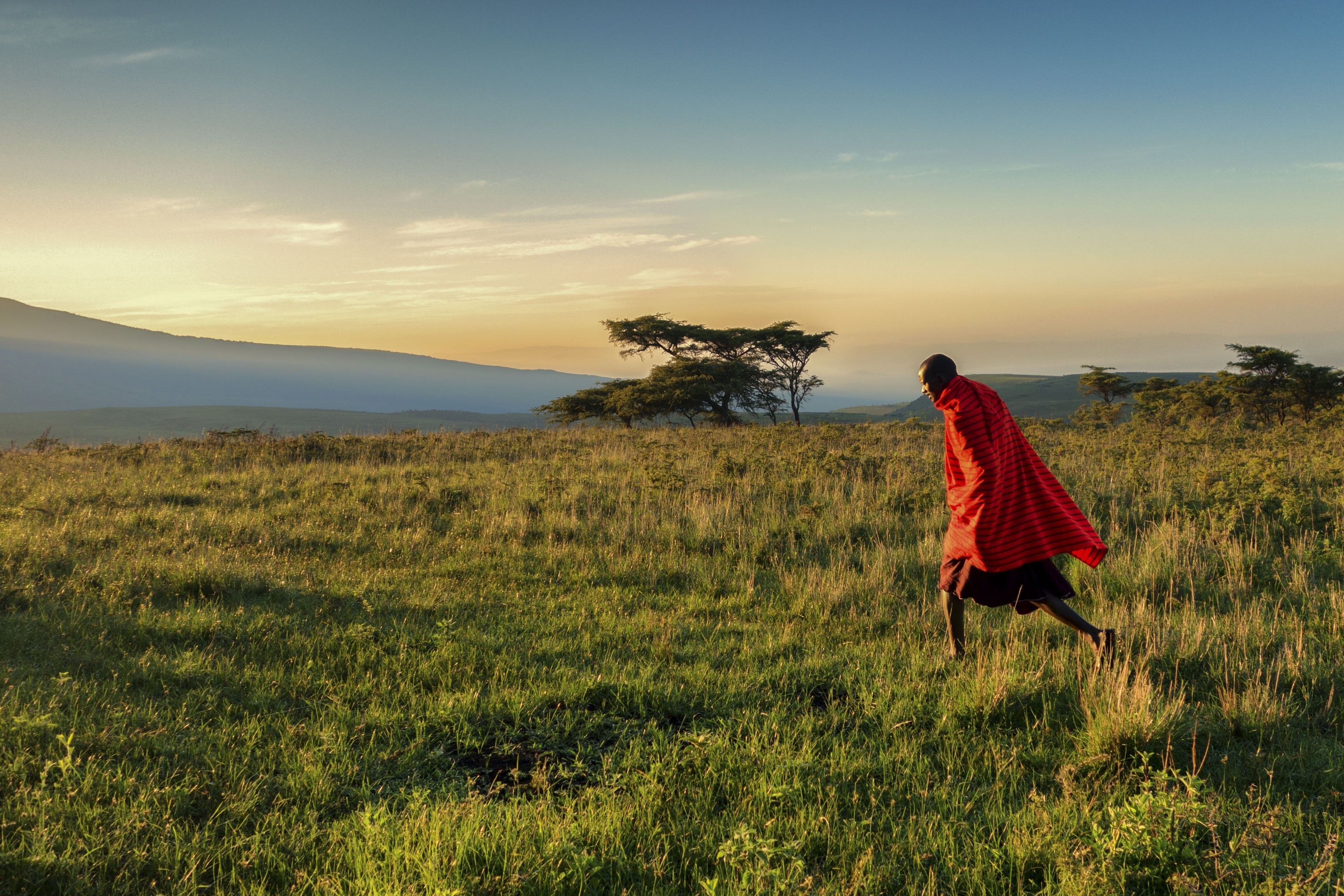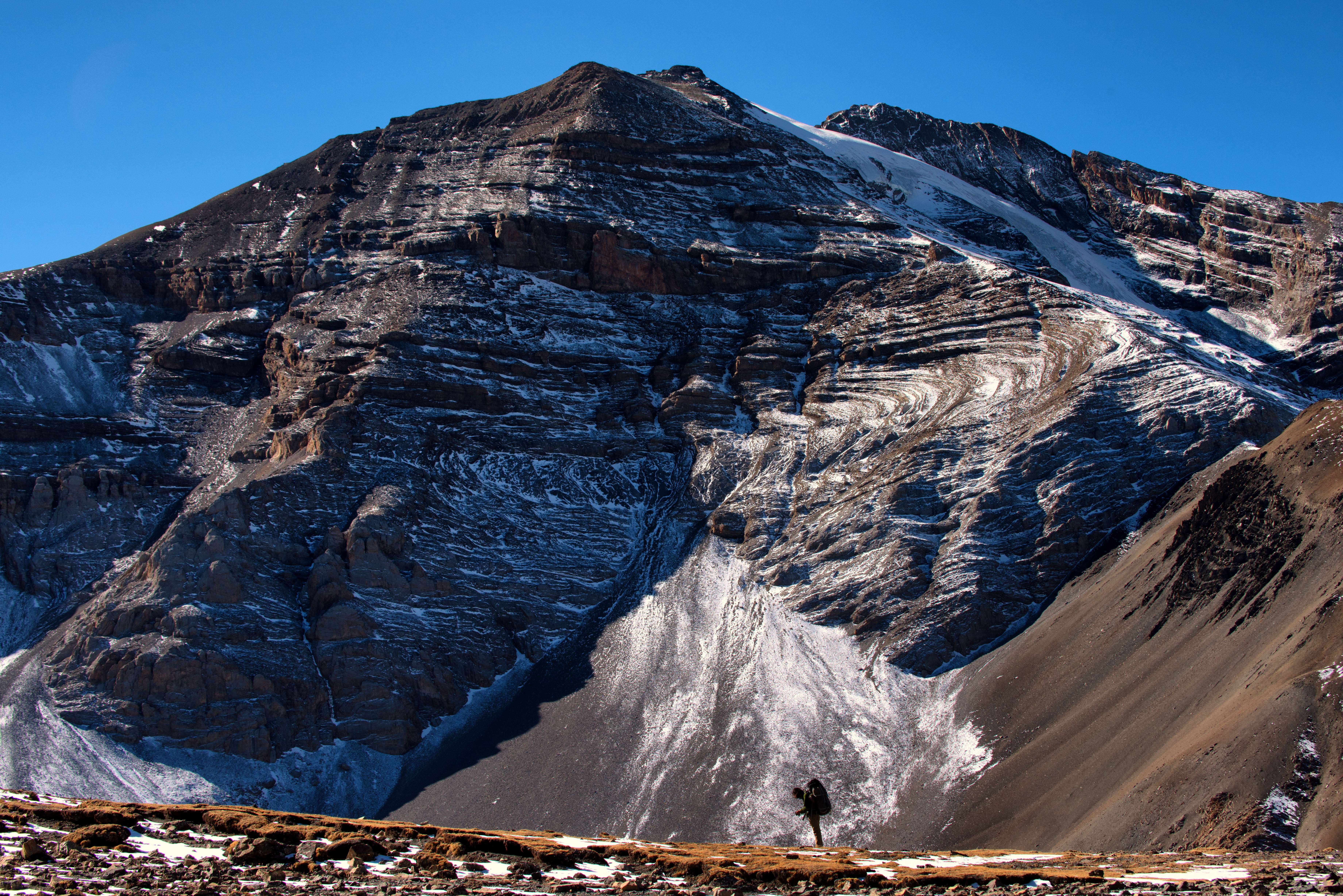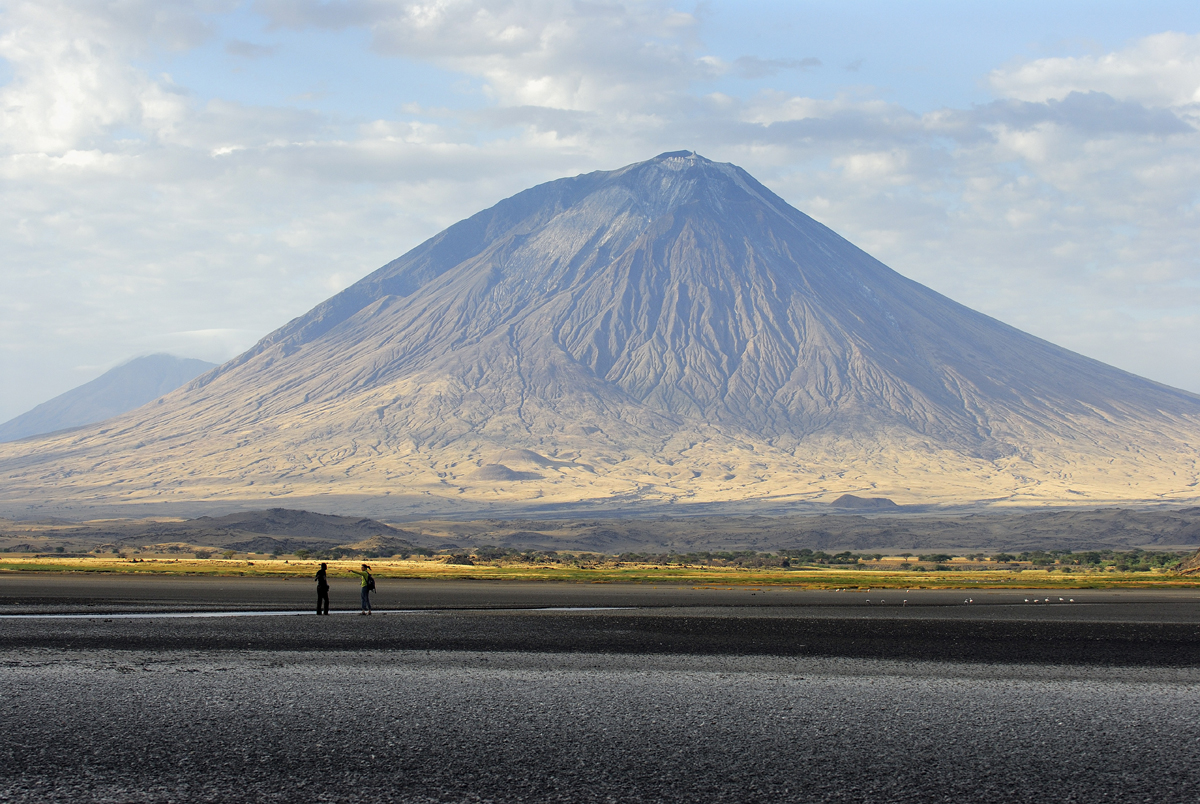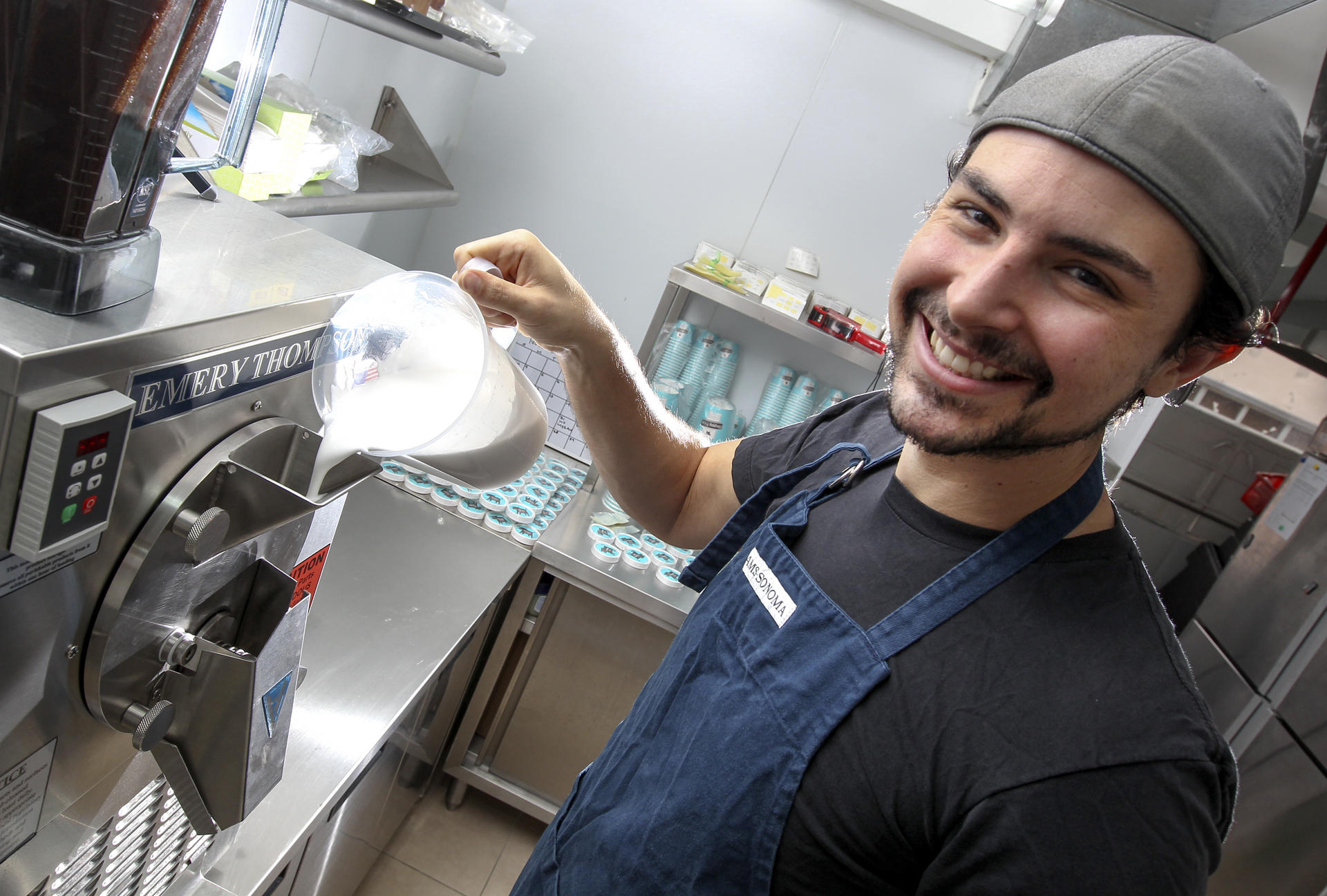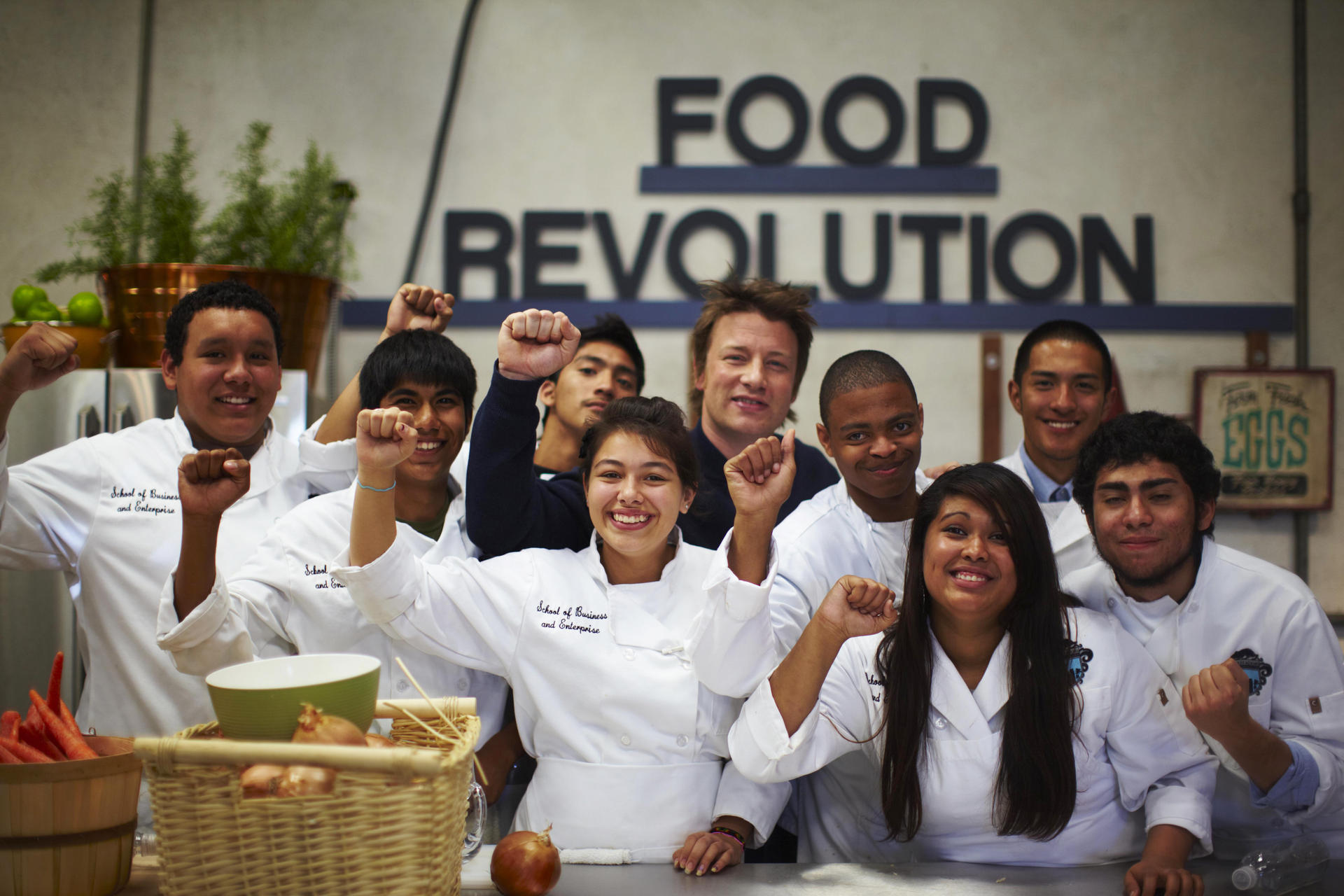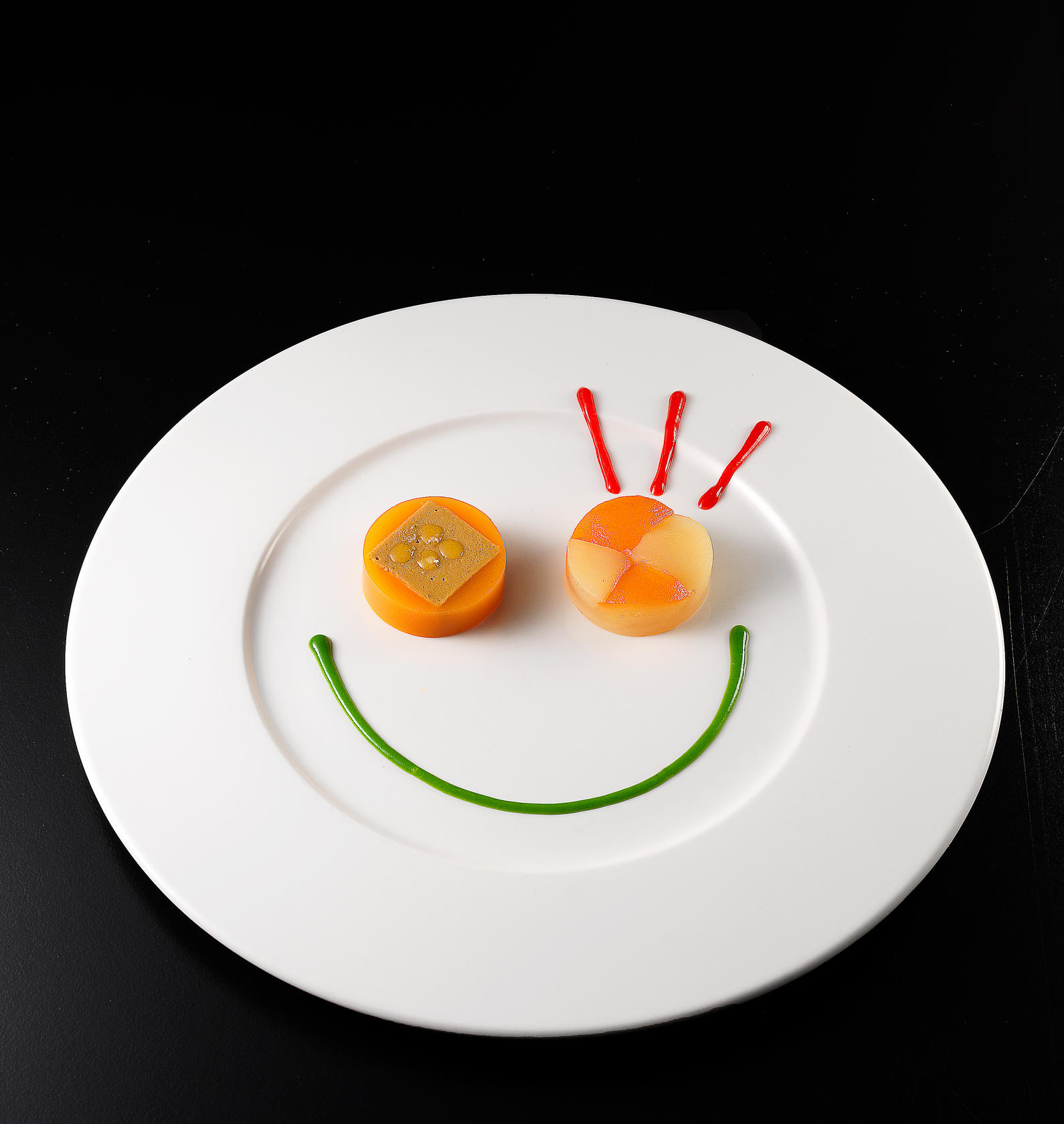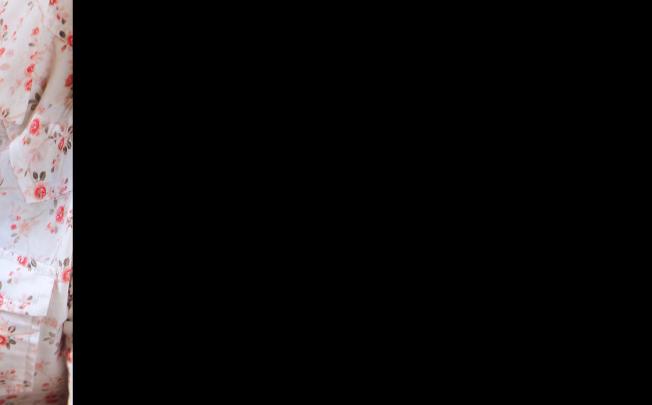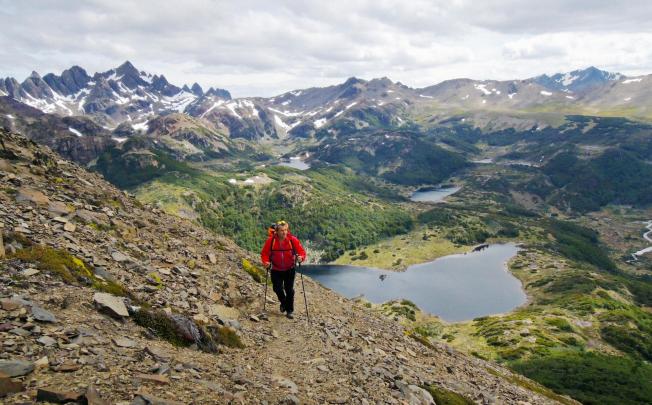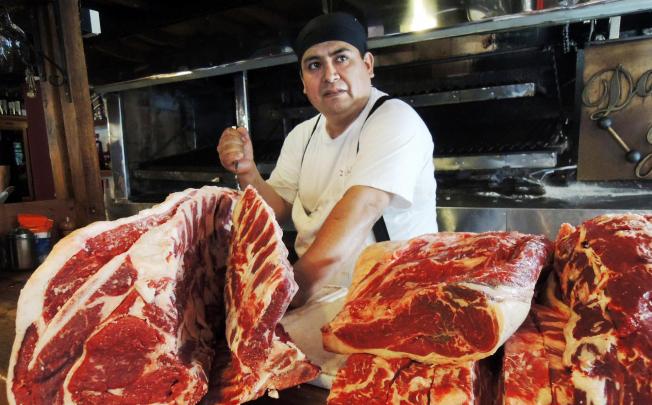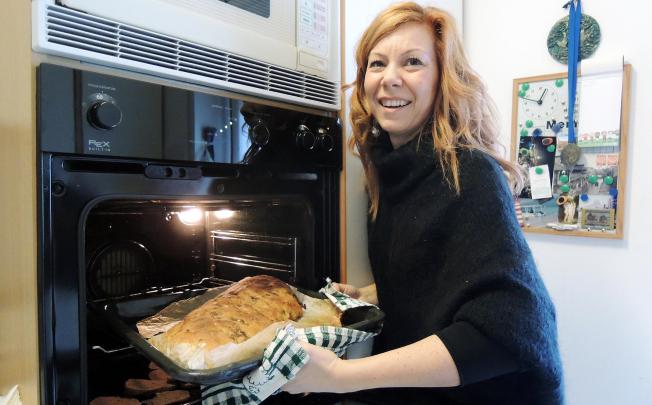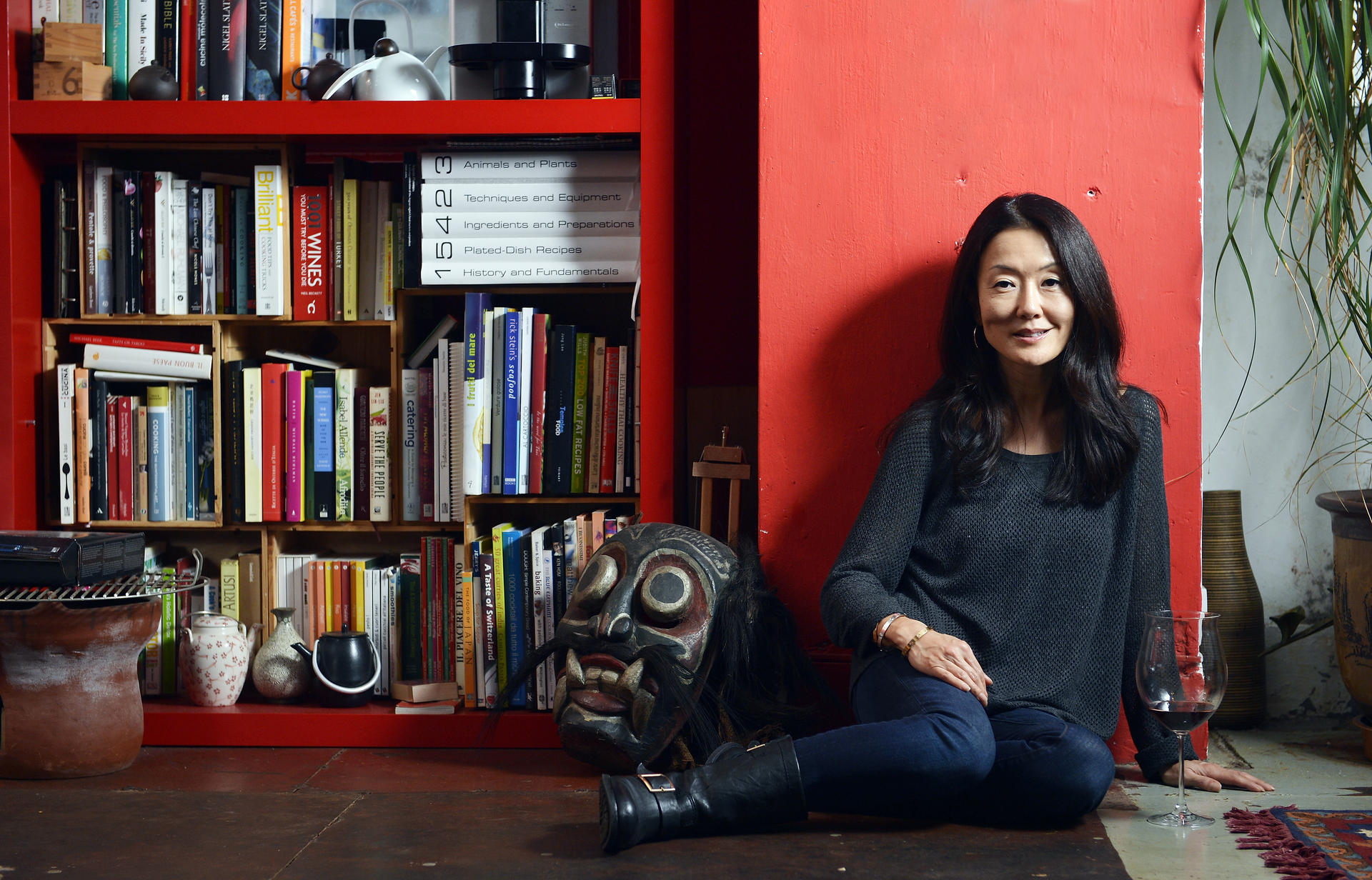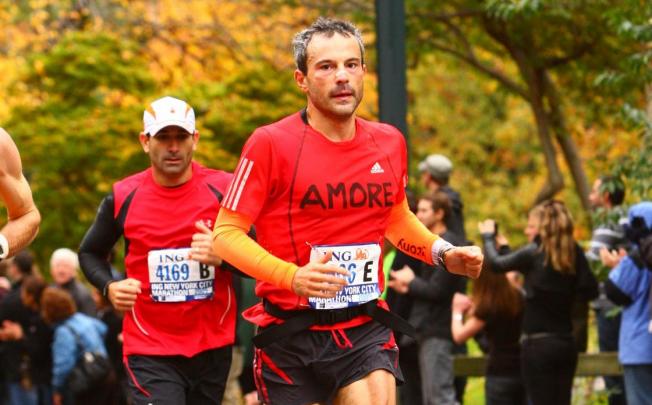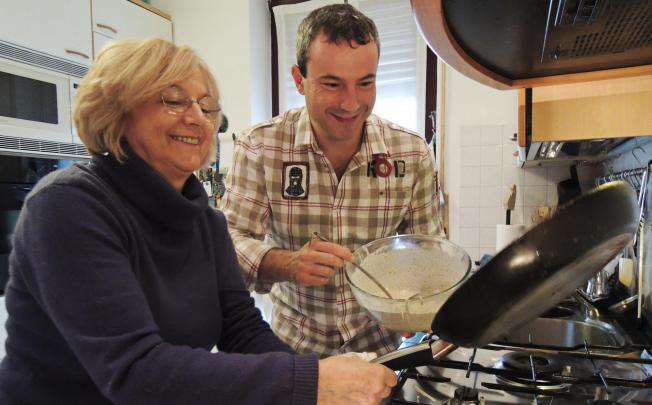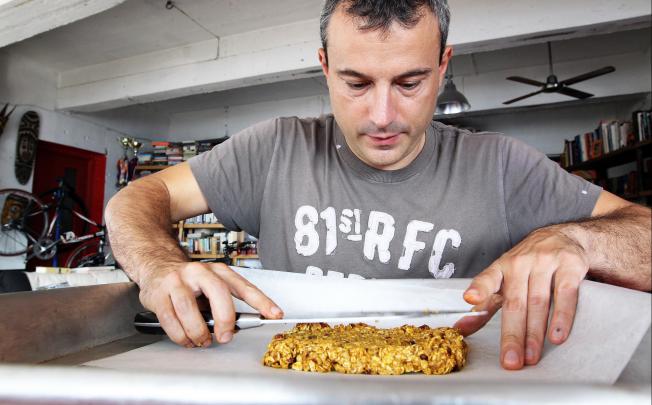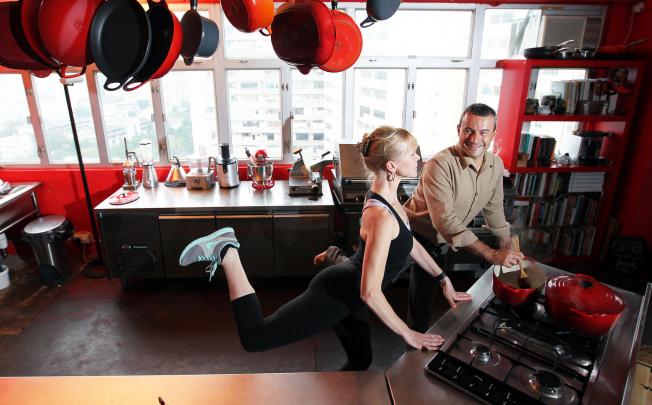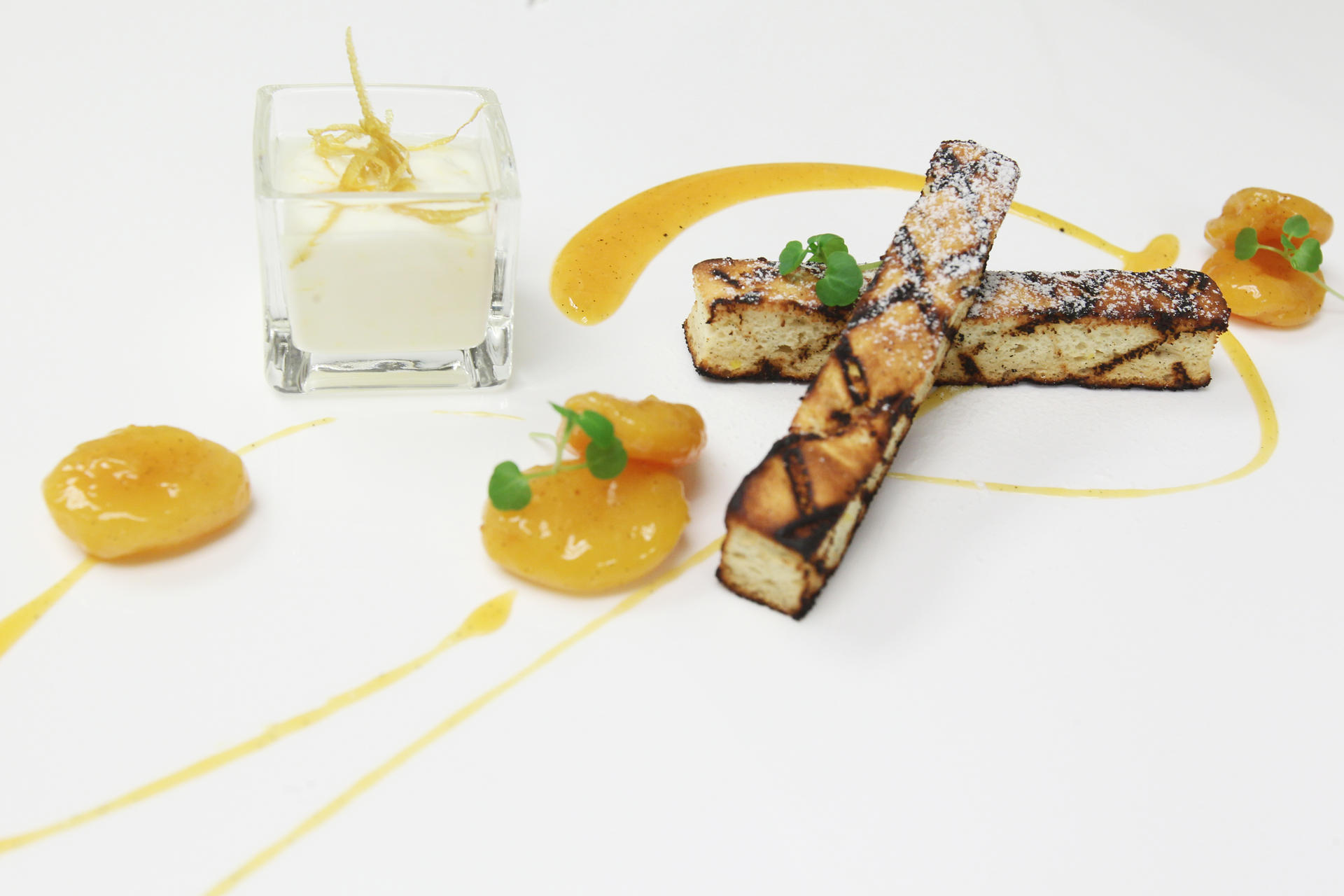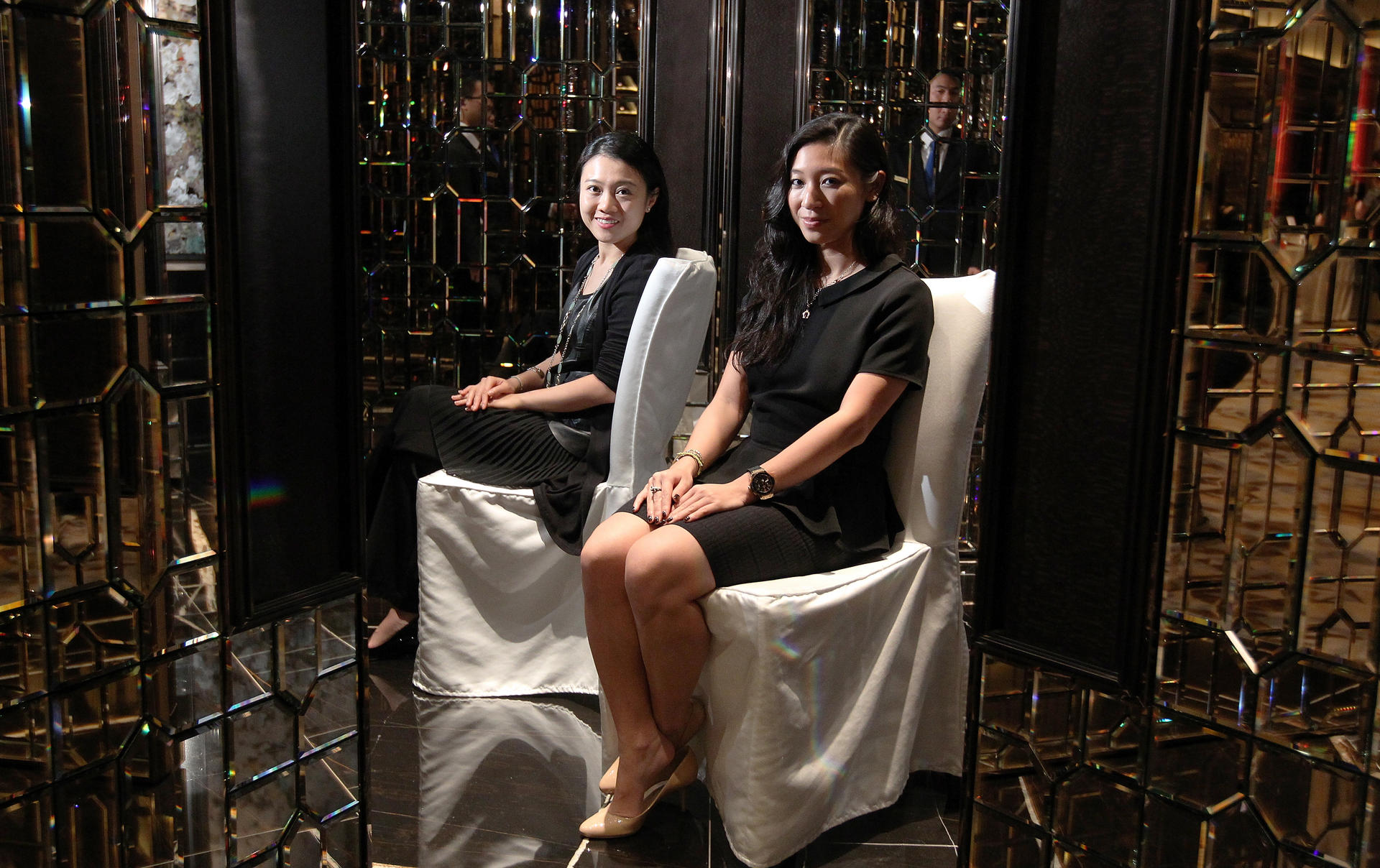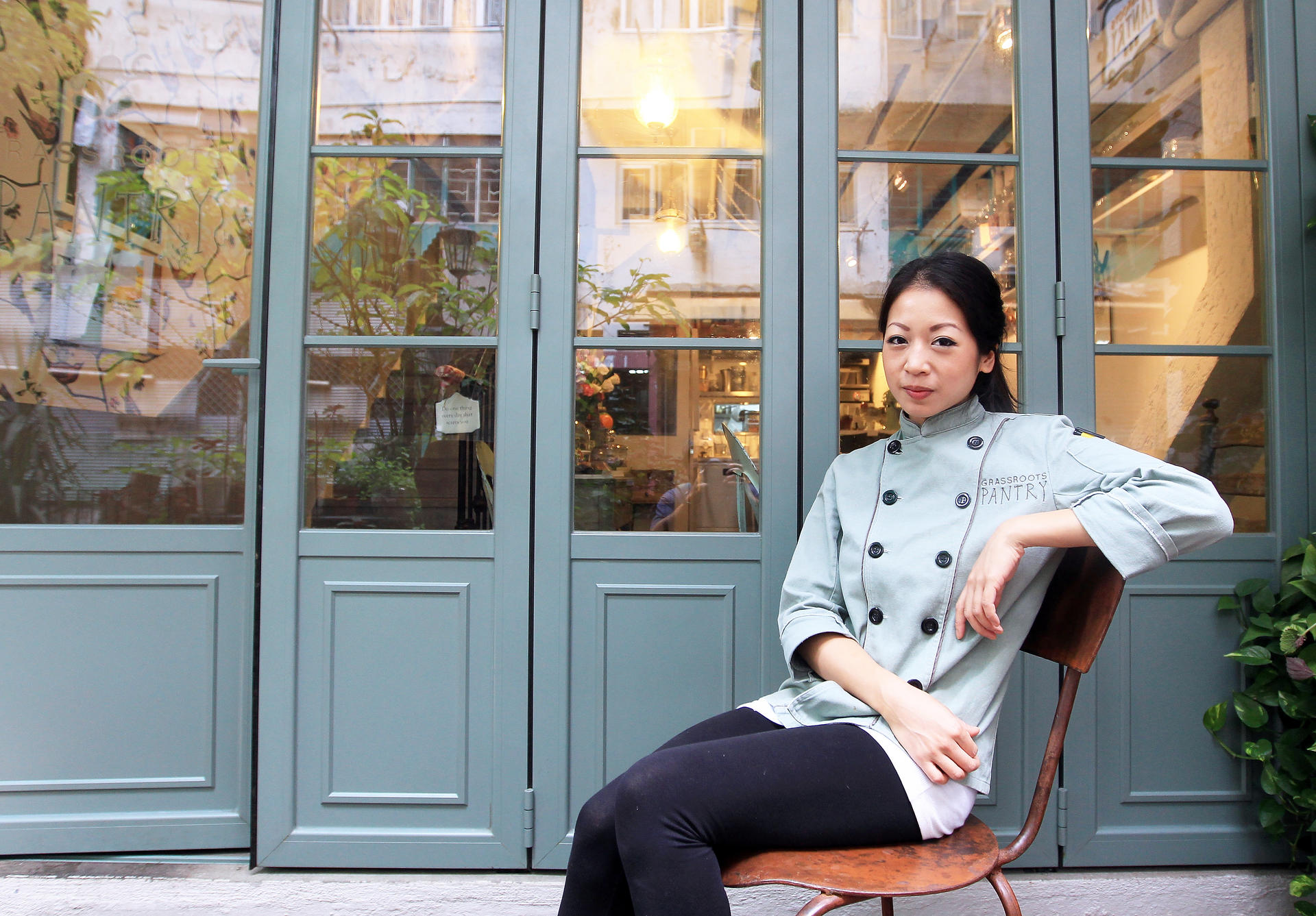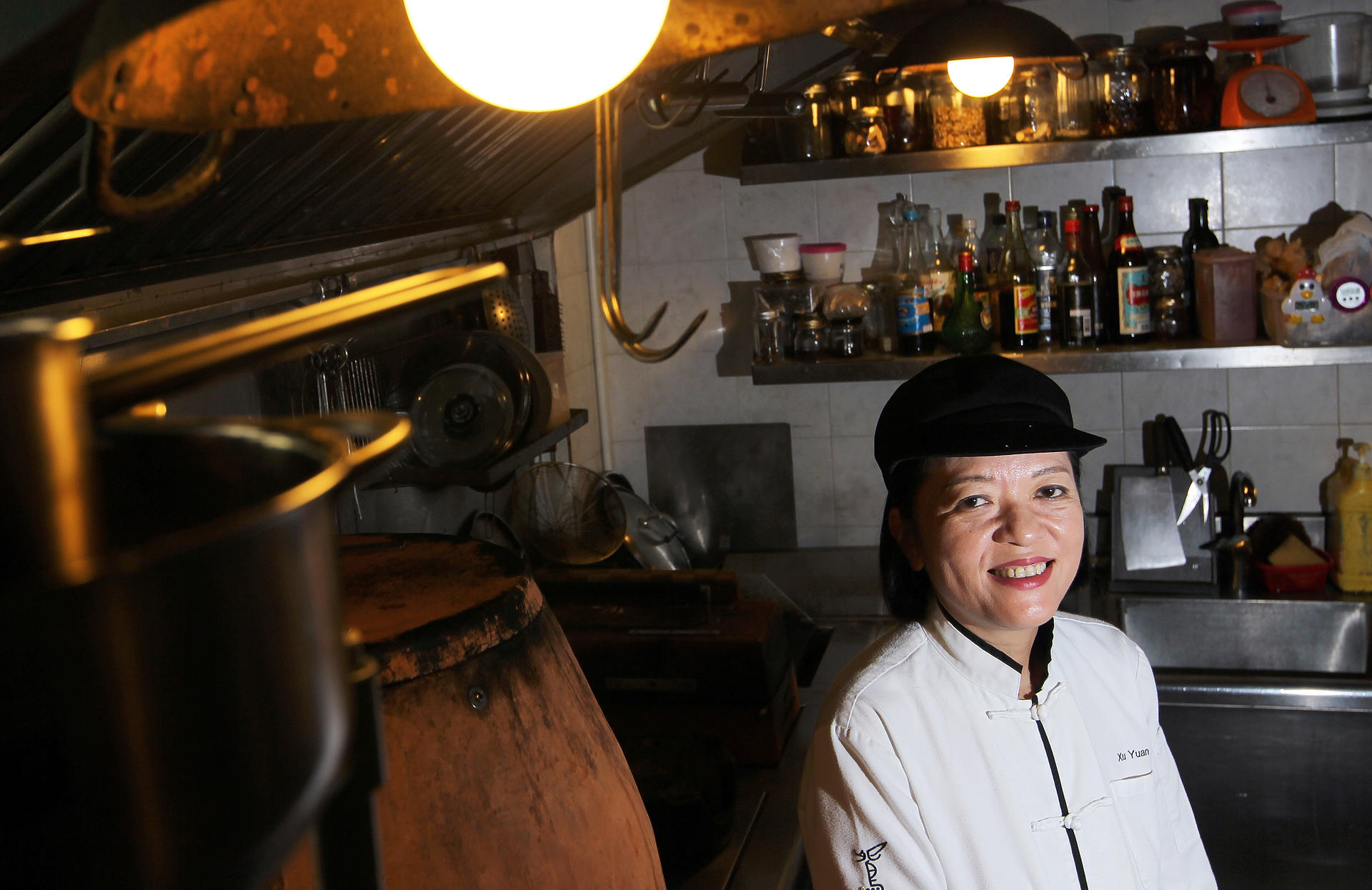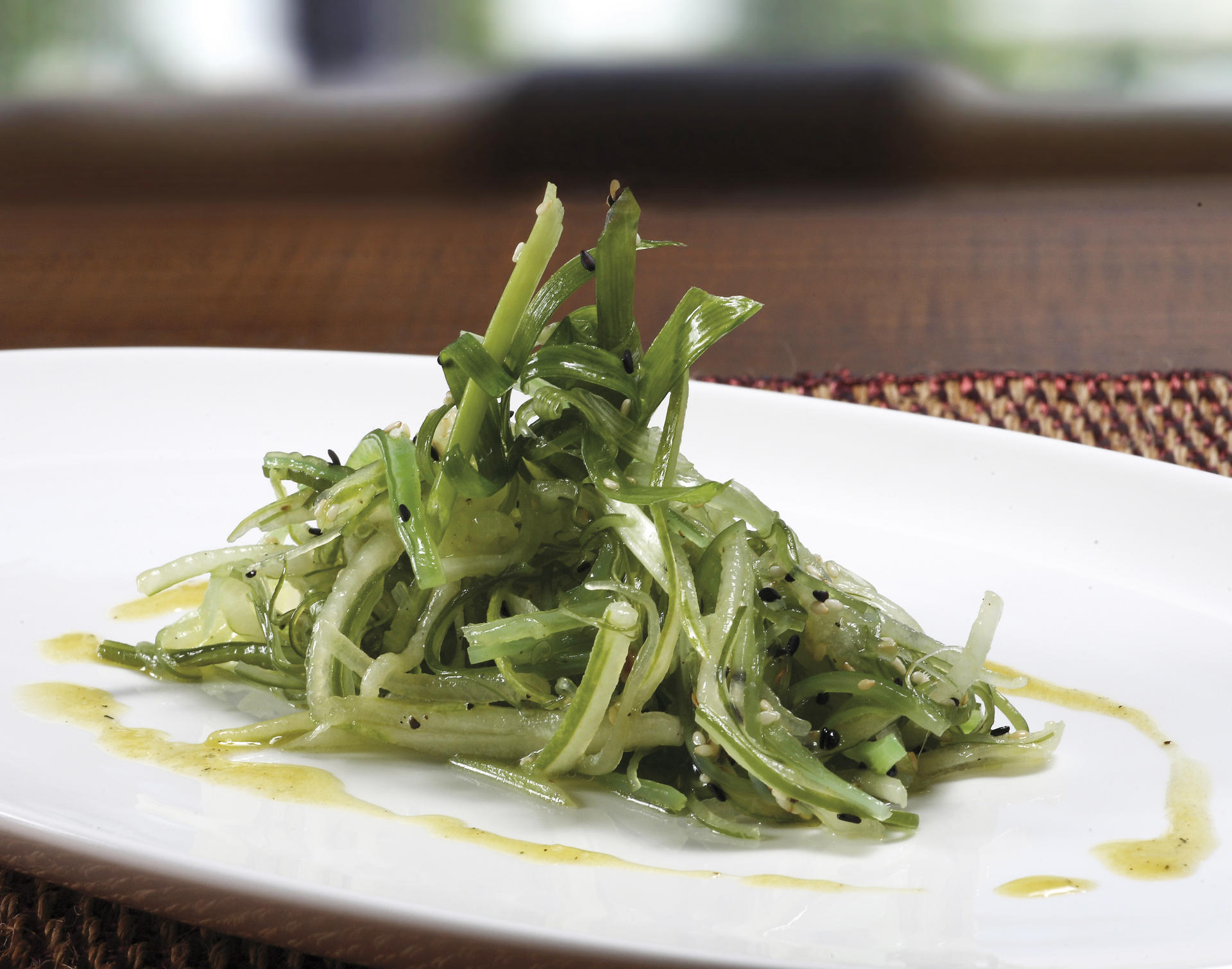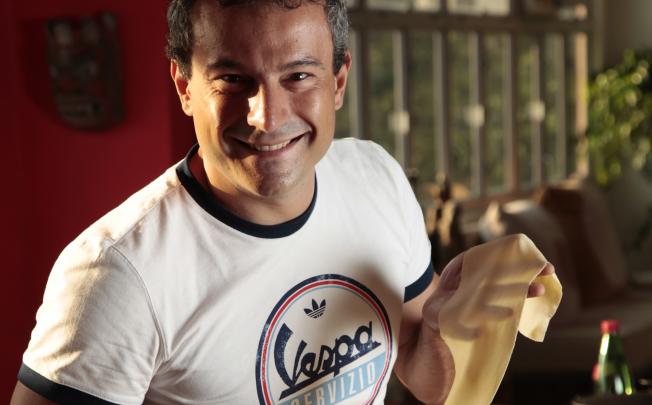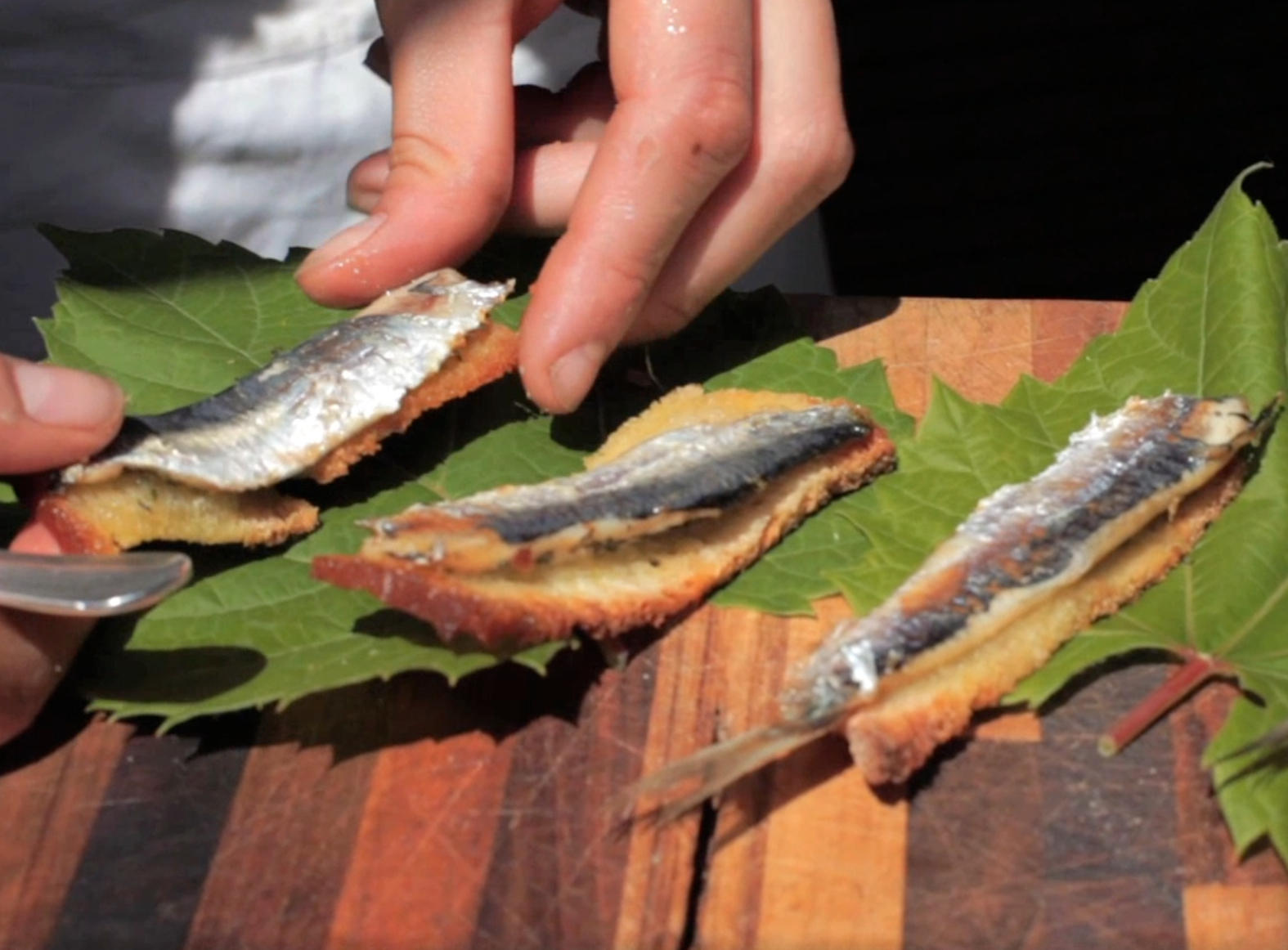While Covid-19 is wreaking havoc in the global tourism industry, one silver lining to the pandemic could be a shift towards more meaningful travel.
Tibetan Buddhist sanctuary in Nepal’s remote north, made famous by Peter Matthiessen’s The Snow Leopard in the 1970s, is hard to reach at the best of times; Post Magazine braves bitter cold to see its hardy people and sacred places
A six-day, 150-kilometre trek through the Tanzanian wilderness offers a sense of purpose a regular safari would not have. Words and pictures by Andrea Oschetti.
I am a chef and I am in love with food: it has the power to make us healthy and happy. But it also has potential to make us fat.
Modern chefs use ingredients such as pectin, guar gum and soy lecithin to make their life easier in the kitchen and achieve superior results in their preparations.Those ingredients are easy to use and can be of help to chefs at home, too.
Hippocrates, the father of medicine, is said to have first suggested the healing power of food, when in 431BC he said: "Let food be thy medicine and medicine be thy food." In the past decade, many studies have shown a relationship between what we eat and brain function.
A revolution is under way: the cooking rules of the past are being overthrown by a modern approach that draws on scientific insights to make food tastier and healthier.
At the end of the world, at the bottom of South America, just short of Antarctica, is Isla Navarino. This remote island looks south to Cape Horn and its fearsome sea.
Argentineans consume an average of 60 kilograms of beef per year; it's an important part of their identity.
Although we know some things are bad for us - like hydrogenated fat or too much sugar - there is no scientific agreement that one kind of diet is better than another.
A sustainable weight loss can come only from a metabolic change. How to induce this change is difficult to know, not only because the science is still in its infancy, but because we are each unique and respond differently to food.
Forget dieting: it slows your metabolism, reduces your lean mass and accumulates toxins. Soon enough, you will put back what have you lost.

